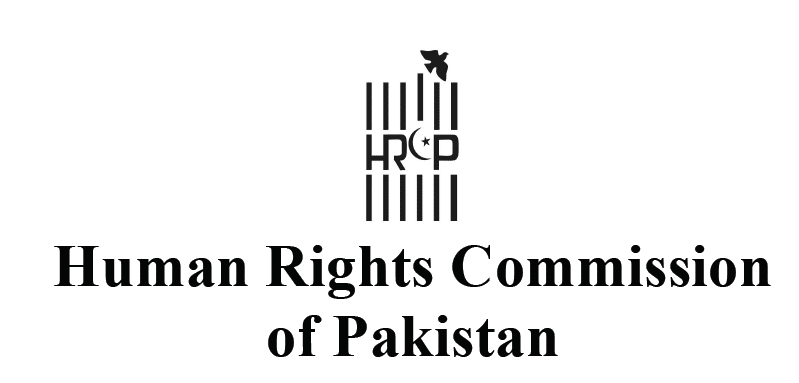The Human Rights Commission of Pakistan (HRCP) in a statement has warned all political stakeholders that unless they desist from any further measures that could imperil the country’s fragile democracy, they may find themselves unable to steer the country safely through the multiple crises it is facing.
“HRCP has closely monitored the ongoing political crisis and notes with great alarm that civilian supremacy has emerged as the greatest casualty. The government’s inability—or unwillingness—to safeguard civilian supremacy or to preserve the dignity of Parliament has proven tremendously disappointing. At the same time, the political opposition’s history of hostile politics and contempt for the rule of law has played no small part in triggering the wanton destruction of property during 9–10 May. These were not peaceful protests. The evidence points to acts of arson, rioting, looting, vandalism and trespass onto state and private property,” the statement issued by the human rights watchdog of Pakistan read.
HRCP also expressed its disappointment in the judiciary. “HRCP regrets that the failure of the judiciary to credibly maintain its independence and impartiality has exacerbated the rule-of-law crisis in the country.”
HRCP also demanded an independent investigation of the allegations of violence against PTI workers.
HRCP reminded authorities that torture or any form of degrading treatment of persons in custody are serious violations of human rights. The disappearance of at least two journalists must also be investigated in a transparent manner, the findings made public and the perpetrators held strictly to account.
The human rights organization also expressed concern for conducting military trials of civilians. “While those responsible for the destruction of public and private property must undoubtedly be held accountable, there is ample provision in civilian laws for this. Any government seriously committed to upholding civilian supremacy would strongly consider repealing Article 2(1)(d) of the Act, which allows civilians to be tried in military courts, thereby denying them their constitutional right to a fair trial. HRCP also objects to the arbitrary manner in which certain cases are selected to be tried by military courts, thereby violating the principle of equality before the law and equal protection of the law,” read the statement







